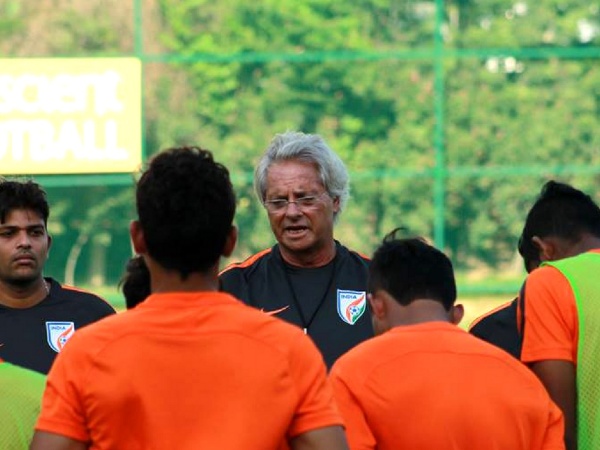views : 788
3 Min Read
Sports psychologist Nanaki Chadha waves red flag on coaches’ abuse of athletes
Sports psychologist Dr. Nanaki Chadha, shining a light on incidence of corporal punishment of young athletes, has called for a comprehensive and stringent National Code for Safeguarding Athletes From Abuse to outlaw physical, emotional and psychological abuse by coaches and others in the support system.
“It is important that India shows zero tolerance to physical and emotional abuse. The Ministry must draw up a code of conduct for coaches and others, including parents, in the young athletes’ support group. And it must develop confidential and accessible channels for young athletes to report such abuse,” she said a day after setting the alarm bells ringing through Instagram.
“Over the past few weeks, I have come across deeply unsettling stories of athletes being physically assaulted by their coaches – kicked, slapped, struck on their backs and heads, accompanied by verbal abuse. What’s even more disturbing is the reaction from some parents who justify such behaviour, saying things like: ‘You made a mistake, so it is fine’,” she wrote in a post.
She also drew attention to how the trauma may extend far beyond sport – impacting an athlete’s mental health, self-worth and development for years to come. “How can young athletes thrive when the very the environment that is meant to support athletes itself becomes a source of fear and harm,” wrote the golfer-turned-sports psychologist.
Elaborating this during a conversation on Tuesday, Dr. Nanaki Chadha said her post was not because of one incident but the result of a series of such instances in different age groups across various sport in different parts of India. “It is time that we make all sports facilities psychologically safe spaces for our athletes,” she said.
“Athletes look up to their coaches, who become their role models. Each time I hear a story of physical or emotional abuse, it is heart-breaking. It gets worse since the athletes are conditioned to blame themselves. ‘I made a mistake and hence I got the beating,’ each athlete would say. I question where that is actually coming from,” she said.
“Sadly, in some cases, parents of the athletes have also turned their backs on the children. There can be different reasons for such inaction by parents – finding a new coach can be pain point, for example. I question if sport is so important as to overlook the physical or emotional abuse that a child is being subject to,” Dr. Nanaki Chadha said. “These can have long-term adverse impact.”
She agrees that the behaviour of coaches and the inaction of parents – or even the behaviour of parents in some instances – is a reflection of the society in which sport is being played. “Is it a socio-economic issue? Is it an education issue? There must be deeper studies but it is critical that we do not accept such behaviour, let alone justify it,” she said.
In January 2023, in the wake of some wrestlers’ allegations of sexual harassment by Wrestling Federation of India officials, Ministry of Youth Affairs and Sports did remind Indian Olympic Association and National Sports Federations of a 2010 letter which had asked them to formulate their own policies for the prevention of sexual harassment.
Sports Authority of India guidelines for protection of children in SAI Training Centres, drawn with the National Commission for Protection of Child Rights guidelines in mind, suggests that SAI should sensitise the coaches on the rights of children, ensuring that no physical or corporal punishment can be given. There is no suggestion of penalities for those violating this.
More importantly, there is no such advisory to coaches and others in private academies and training centres, which forms a whole universe in itself. A majority of these persons is not emboldened to SAI, Indian Olympic Association or any National Sports Federation. These coaches and others in the support system can be subject to a National Code against abuse of athletes.
As early as in December 2000, the Supreme Court stated that corporal punishment in schools should be outlawed. Justice Anil Dev Singh directed the State to ensure that children are not subjected to corporal punishment in schools, and they receive education in an environment of freedom and dignity, free from fear.
And, if corporal punishment in schools has been prohibited under section 17 of the Right to Free and Compulsory Education Act 2009, there is no reason why it should not be rooted out of sports arenas, both during training and in competition. As Dr. Nanaki Chadha pointed out, this is integral to providing athletes safe environments for training and competition.
